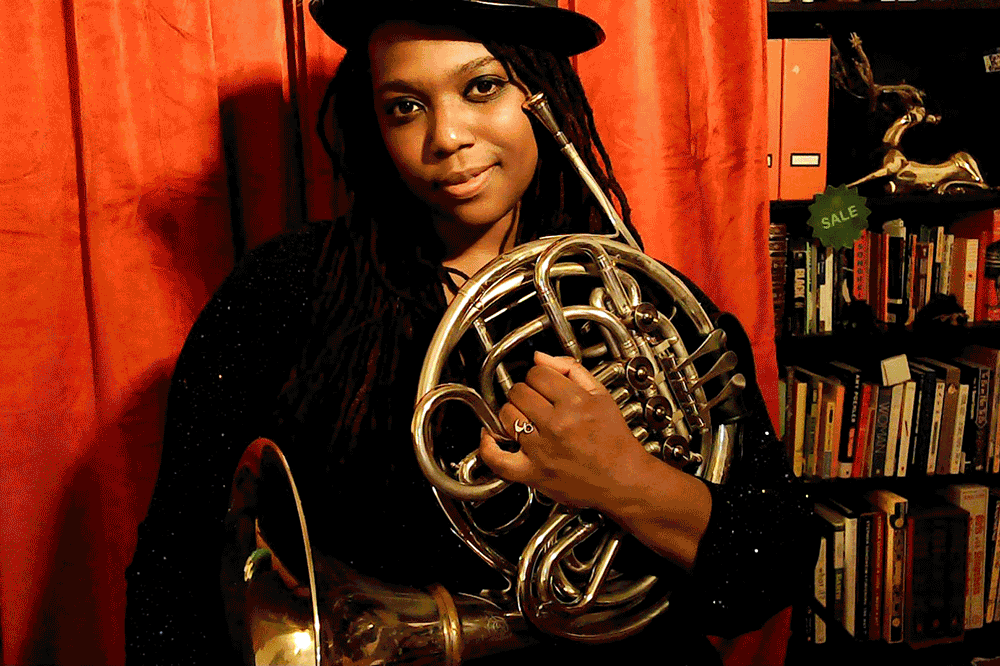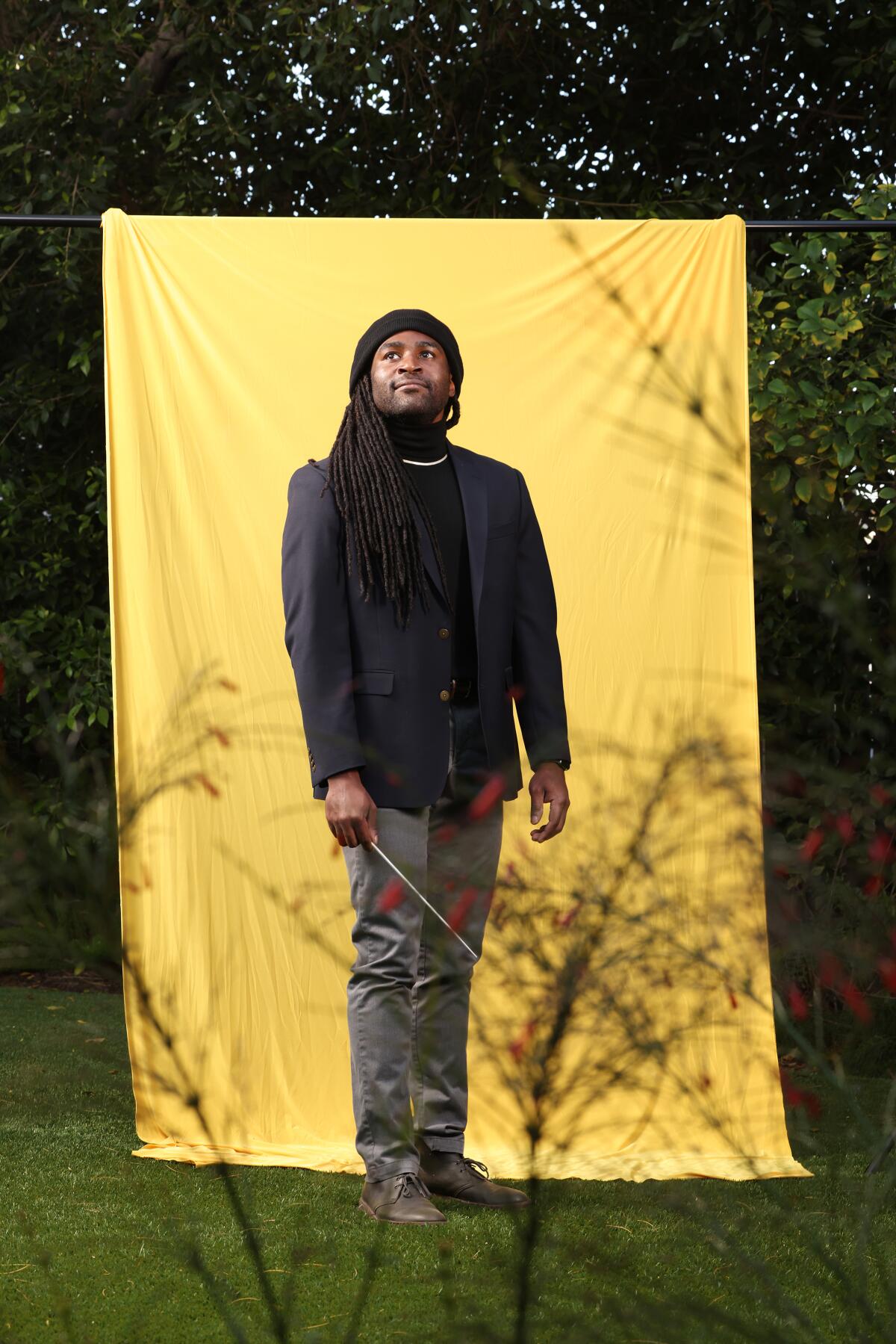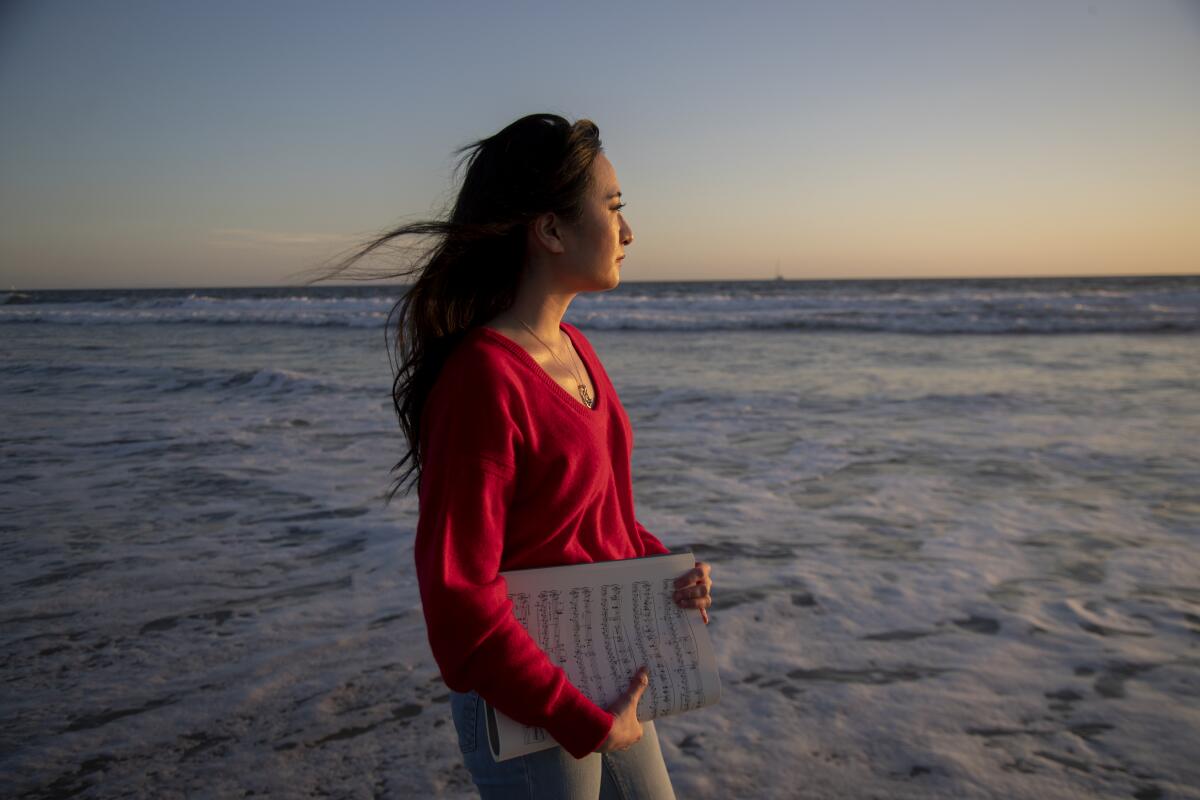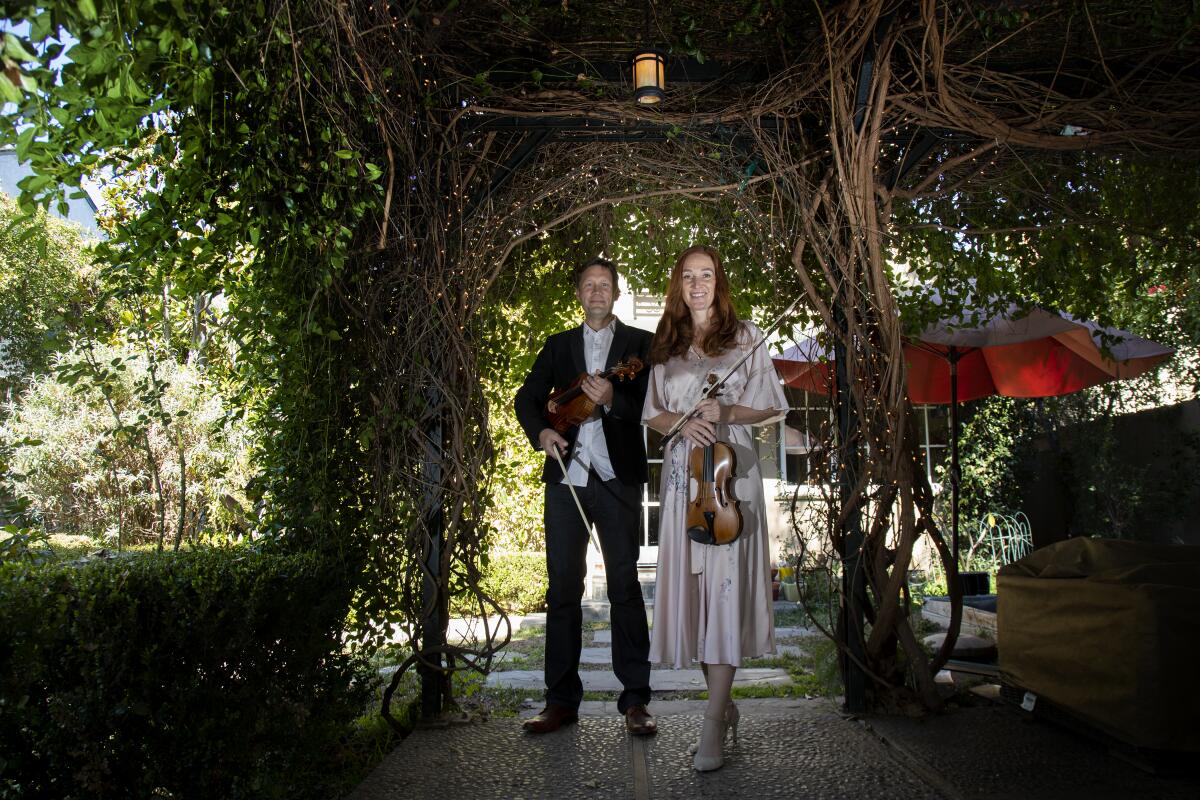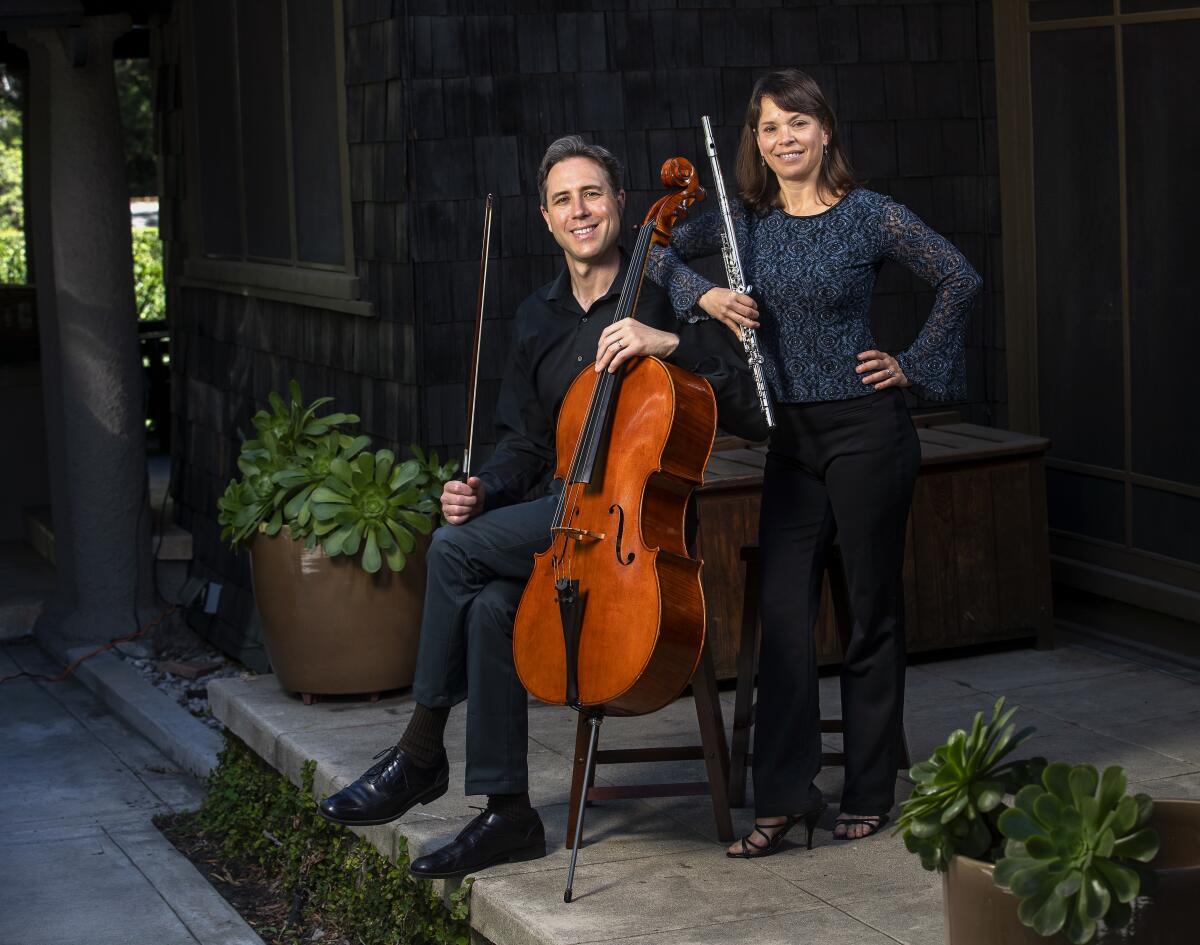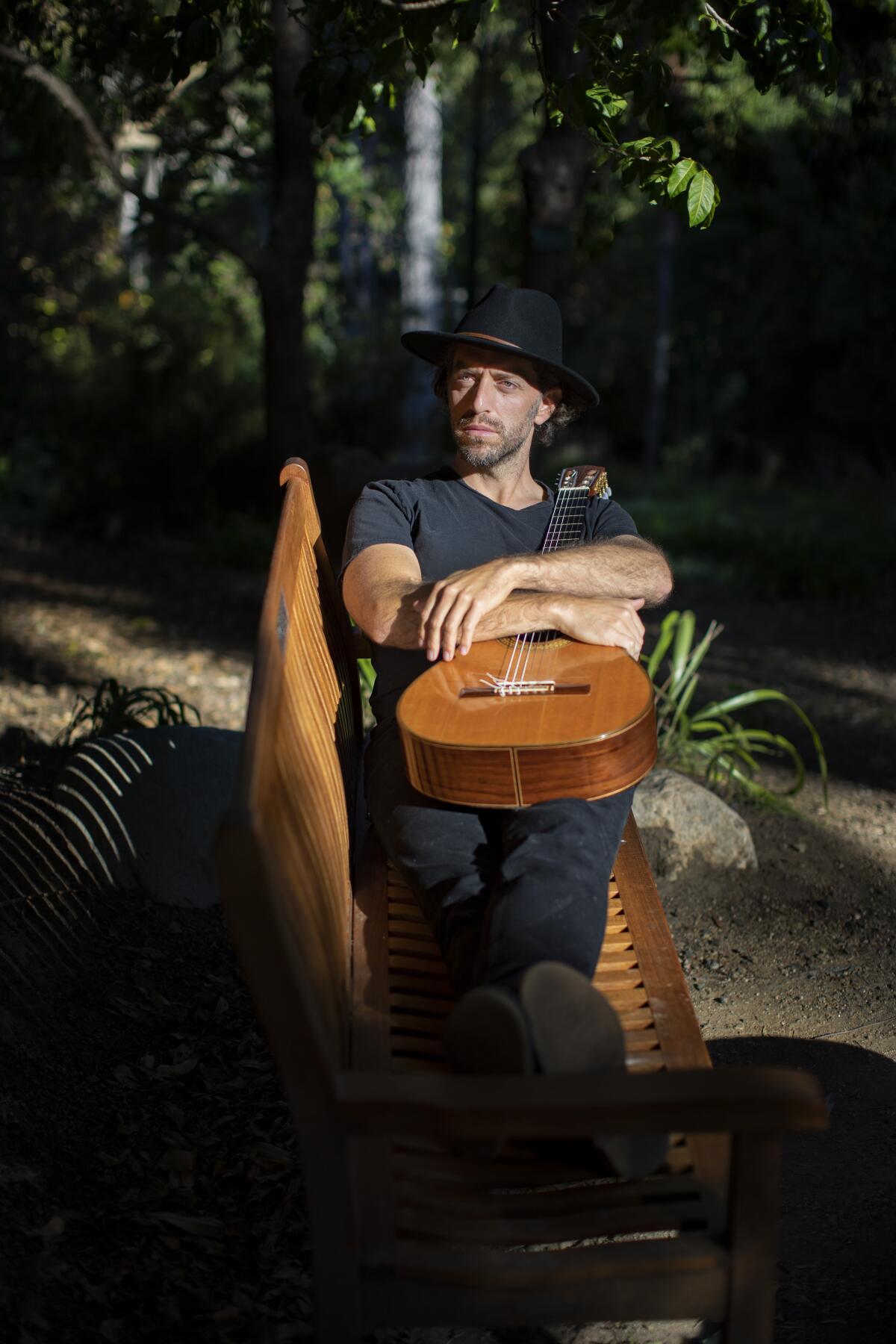In January, Kyra Sims was hired to perform at the Grammys with Lizzo. That same week, she played with Tituss Burgess at Carnegie Hall.
â2020 was going to be my year,â Sims says. âI felt like I was really starting to arrive professionally. Everything was going up, up, up.â
Sims also had been hired to play in a Broadway musical. Then, for no reason that she could discern, she got fired from the show after the first rehearsal.
âIâm a Black woman playing a brass instrument, and as of right now, I donât think there are any Black women playing brass instruments on Broadway,â she says, declining to name the show from which she was fired. âWas it implicit bias? I donât know.â
That happened three weeks before New York shut down and the show closed because of the COVID-19 pandemic.
Read more of Simsâ story >>
